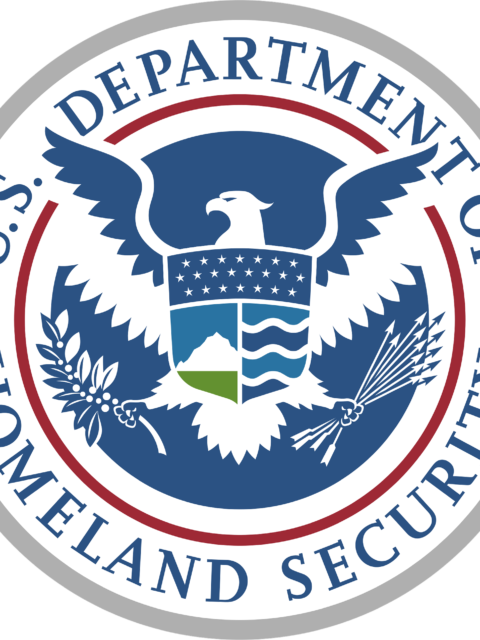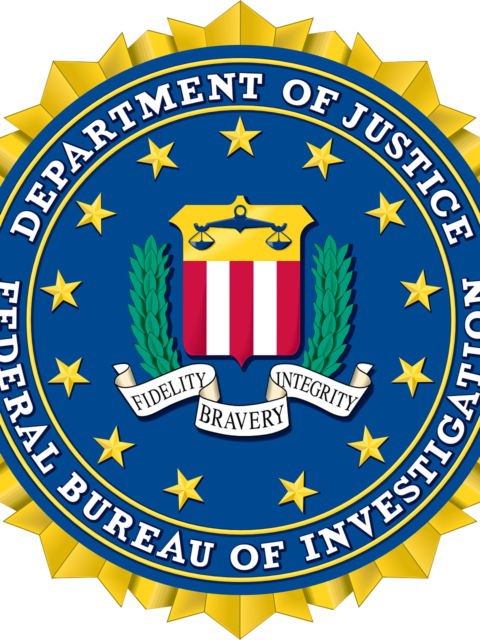[dropcap]I[/dropcap]nnocent until proven guilty is a commonly used phrase when it comes to law but innocent and guilty have different meanings when it comes to the internet. Hacking a specified and known child predator or person tied to terrorism should be hacked to secure our country. After the 9/11 attacks, Cybersecurity became an important initiative in the combat against terrorism worldwide and with that Title VI and Rule 41 began.
To what extent, should the expectations of the American public value in the security from their own government and at what cost to personal freedoms are we willing to give? The government has been under fire recently for believing that access to our computers is under government control. Should United States citizens worry? Engadget writer Jessica Conditt of “Judge says the FBI can hack your computer without a warrant” says, “The FBI did not need a warrant to hack a US citizen’s computer, according to a ruling handed down on Tuesday by Senior US District Court Judge Henry Coke Morgan, Jr.” Does this allow the government to cross line in our personal privacy that it should not?
What is Rule 41
Rule 41 states that without a warrant, private computers cannot be accessed without a court order and probable cause. “In April, the Supreme Court upheld the FBI’s proposed changes to Rule 41, allowing judges to approve remote access to suspects’ computers that fall outside their jurisdiction.[perfectpullquote align=”right” bordertop=”false” cite=”” link=”” color=”” class=”” size=””]Judges to approve remote access to suspects’ computers that fall outside their jurisdiction.[/perfectpullquote]
Under the new rules, a judge in New York can allow hacking a computer in Alaska, for example.” Conditt wrote later on in the article “Judge says the FBI can hack your computer without a warrant”. This rule substantially changes the power held in relation to personal privacy in comparison to previous rules. “The government will likely argue that its tools for going after large botnets have yet to cause the kind of unintended damage we describe. But it is impossible to verify that claim without more transparency from the agencies about their operations. Even if the claim is true, today’s botnets are simple, and their commands can be found online.” explains Senator Ron Wyden in Wired “THE FEDS WILL SOON BE ABLE TO LEGALLY HACK ALMOST ANYONE”. Botnets are when, without the owner’s knowledge, a personal computer is infected with a malicious software system that takes control of a large amount of computers.
Homeland Security: How does it change things

Homeland Security is of the one of the many agencies created after 9/11 to protect the United States, by implementing with various bills, acts, and laws. The common misconception is that anyone in our government can hack the computers we own but that is not true. Homeland Security is most well known for increased measures after 9/11 but that does not include hacking. Homeland is in charge of the Border Patrol, Immigration and Naturalization Service, Secret Service, Coast Guard, Transportation Security Administration (TSA), Federal Law Enforcement Training Center and many more.
This allows the government a defence system, but does not allow intelligence.
As a part of the government’s efforts to remind citizens to be safe online Homeland security also emphasises the importance on its website holding a page for questions and information. The Homeland Security website says, “National Cyber Security Awareness Month (NCSAM) is designed to engage and educate public and private sector partners through events and initiatives to raise awareness about the importance of cybersecurity, provide them with tools and resources needed to stay safe online, and increase the resiliency of the Nation in the event of a cyber incident.”
Intelligence Agencies: What Impact do They Make

On the other hand agencies like the Federal Bureau of Investigation (FBI), Central Intelligence Agency (CIA), Defence Intelligence Agency (DIA) and The National Security Agency (NSA) these agencies are intelligence agencies for a reason they look into internal affairs in the United States and as the courts have allowed, these agencies now have legal access to the computers we use everyday.
Homeland Security is necessary for the reason that an agency in needed to monitor suspicious or possible terrorist activity. We need to monitor what is going on not only in the United States, but worldwide and standing in the way is social media. Social media is completely different now than it was back in the early 2000’s because it has become a tool that is able to use not only in safe but also terroristic ways. At that time social media had much less of a reach to the international community. Media platforms did not start until the mid 2000’s. Since then they have grown more than anyone thought they would. With Facebook (February of 2004), Twitter (March 2006), and YouTube (February of 2005). These social medias changed how we looked at the internet because at that moment everybody in the world could connect with each other anywhere in the world at any time of day in an instant.
[perfectpullquote align=”right” bordertop=”false” cite=”” link=”” color=”” class=”” size=””]Countless of these online accounts are not watched and have allowed terrorists access to information that gives them the ability to talk to anyone in the world at any time. [/perfectpullquote]
Countless of these online accounts are not watched and have allowed terrorists access to information that gives them the ability to talk to anyone in the world at any time. It is not cyber terrorism, but it definitely is a format in which people have an opportunity to exchange information that Homeland Security, CIA, NSA, or the FBI is not allowed to access until now. It is common knowledge that terrorist groups hold internet chatrooms and social media profiles we see it in the news all the time, but what protects us from them?
What is the Current Situation
With an updated Rule 41 policy there is a new understanding and viewpoint of being online. If we continue monitoring allowing government searching then stricter and more clear rules. [perfectpullquote align=”left” bordertop=”false” cite=”” link=”” color=”” class=”” size=””]If we continue monitoring allowing government searching then stricter and more clear rules.[/perfectpullquote]
Most people believe that you do not have the right to listen in to a conversation and in some ways that is true. If you do not have anything to keep secret from the government, but we instead are talking about when the groups of people with a specific intent to harm an individual get ahold of technology that allows them to create harm to others, that changes the dynamic. The difference being that you can use the same technology to play games and talk to family members that the government can track property, personal, and private information that the government has the ability to protect people.
[perfectpullquote align=”right” bordertop=”false” cite=”” link=”” color=”” class=”” size=””]After research, the people of the United States want to know that the government is looking out for the rest of the country and themselves but they themselves do not want to be searched. [/perfectpullquote]
After research, the people of the United States want to know that the government is looking out for the rest of the country and themselves but they themselves do not want to be searched. Especially if it comes to their personal privacy. The changes made after 9/11 and currently to Rule 41 to improve our security as a country has our government agencies like the FBI, CIA, and NSA search without warrants into platforms like our email, social media, and internet searches and hack into the United States citizens computers.
Featured Image By: Pixabay
